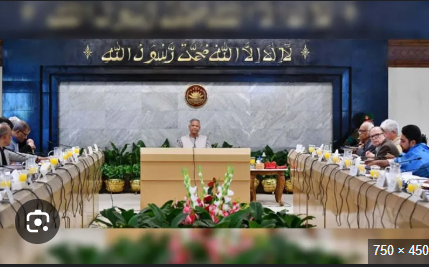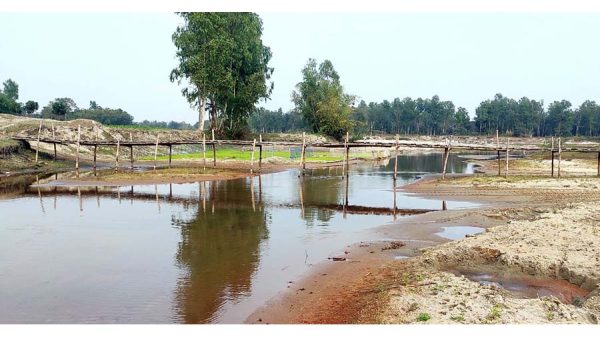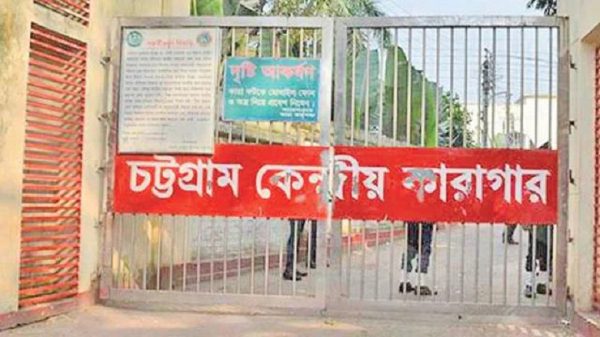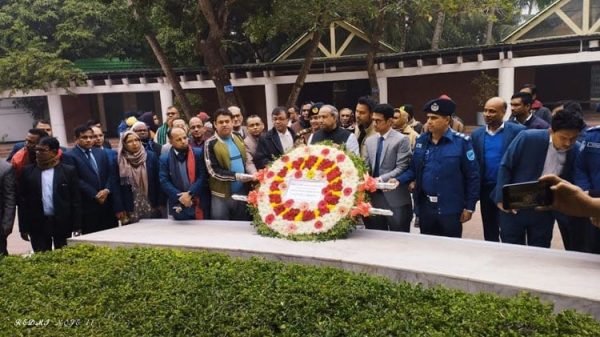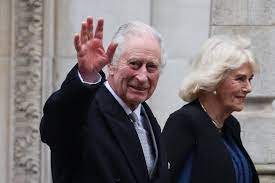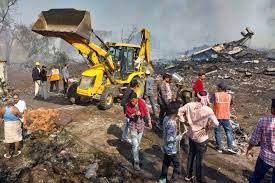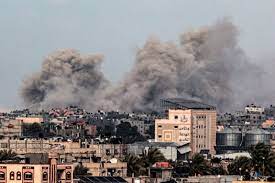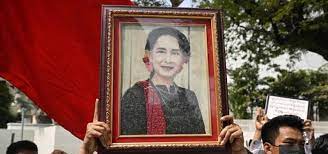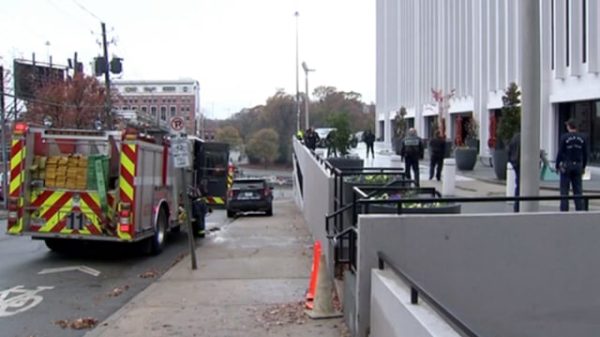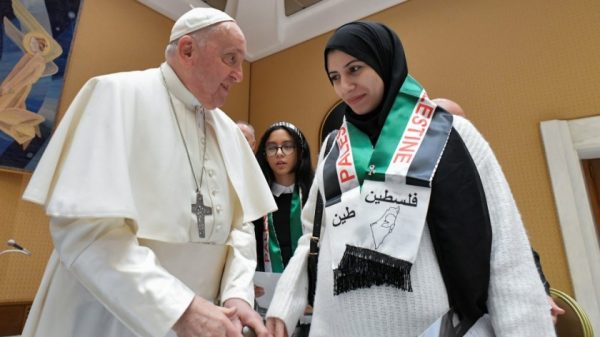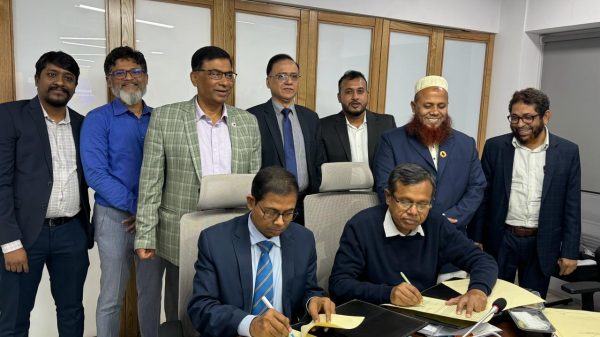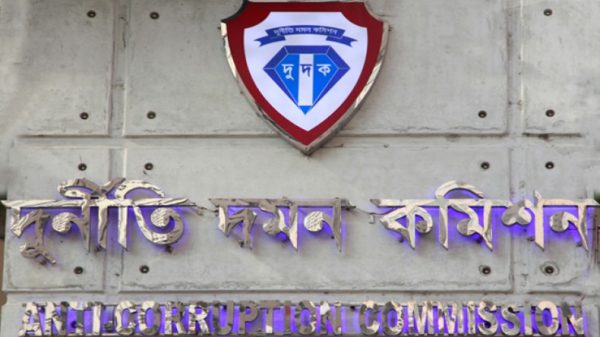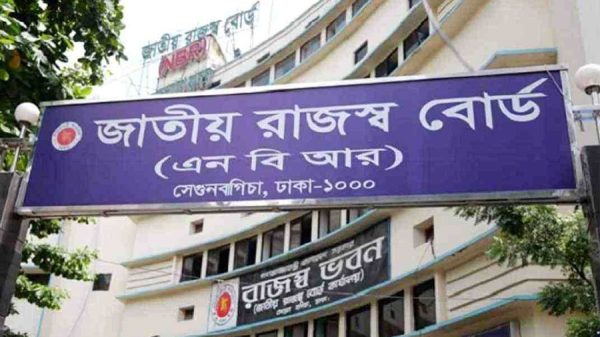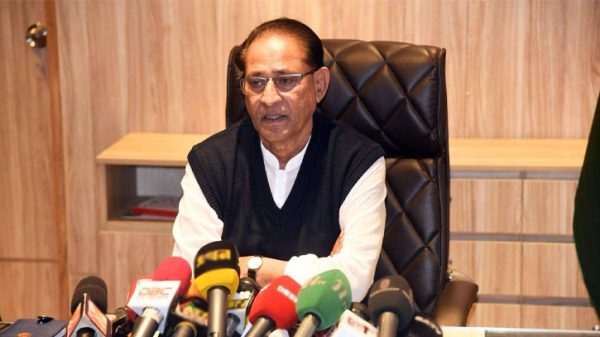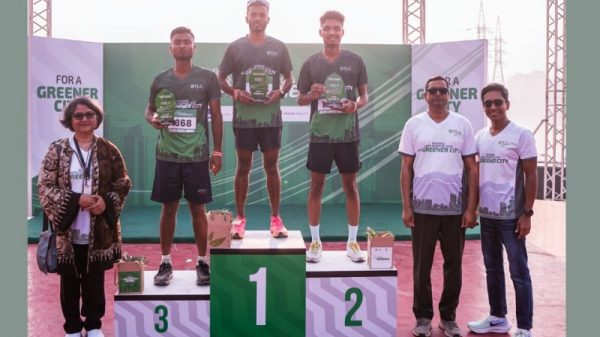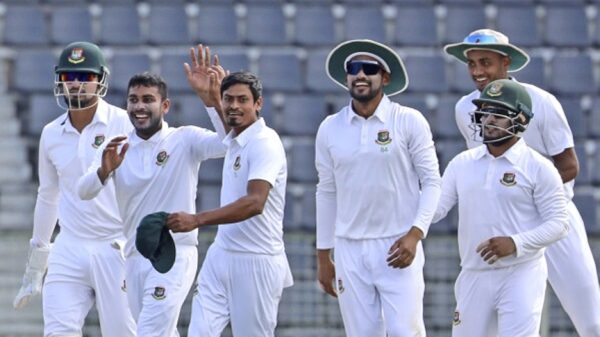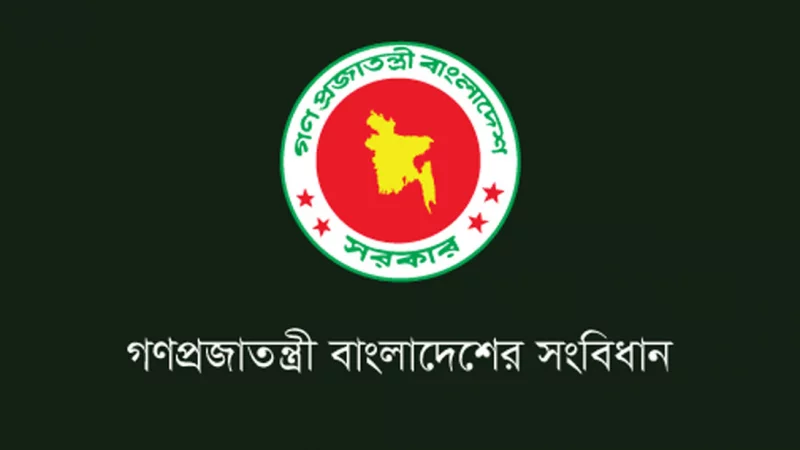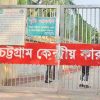Staff Reporter:
With political tensions rising in Bangladesh, experts have emphasized that the interim government must prioritize preparations for a free, fair and impartial election.
They also argue that the interim government should be given sufficient time to implement necessary re-forms in key sectors.
Prominent figures have praised the government’s recent reform initiatives, stating that these steps are aligned with public expectations, especially given the deteriorating state of various institutions under the Awami League’s tenure.
They, however, acknowledge that such reforms are a lengthy and ongoing process.
Dr Mahbub Ullah, former professor at Dhaka University, said that the interim government should be granted adequate time to complete these reforms and hold a fair election.
“I see nothing wrong with their reform initiatives; these are essential tasks,” he said, adding that political parties must understand the current realities. “If this government can carry out some of the reforms, it will be easier for the next government to function post-election,” he added, stressing the need to address critical institutional issues.
Dr Mahbub Ullah also emphasized that a clear roadmap is required, allowing the government to identify problems, draft recommendations, implement reforms, and prepare for the election. “I can’t specify how much time is needed, but it should neither be too long nor too short—just reasonable,” he remarked.
Former bureaucrat Abu Alam Md Shahid Khan highlighted that reforms are a continuous process, point-ing out that many systems have not been updated for 54 years.
He said that modernizing these systems is the core responsibility of the interim government, led by Pro-fessor Muhammad Yunus.
“All stakeholders—including the public and political parties—are calling for reform. The key goal for the interim government, however, should be the peaceful transition to an elected government through a free and fair election,” Shahid Khan added.
Referring to the past elections of 2014, 2018 and 2024, he noted that they did not meet the standards of genuine elections.
According to Khan, reforms should prioritize the election commission, electoral systems and other elec-tion-related institutions, including the administration, law enforcement, and judiciary.
He also underscored the importance of securing the agreement of political parties on these reforms and engaging the public in shaping the proposals.
“The interim government should complete these reforms in a reasonable timeframe while ensuring that a fair election can take place, enabling a transition of power to an elected government,” Khan said.
Political analyst Prof Anu Muhammad observed that public demand has grown for a system overhaul to build a more equitable society.
He said that the interim government’s establishment of various reform commissions reflects the public’s desire for systemic change.
“The public wants an end to the rampant corruption in the banking sector, violence in educational insti-tutions, and irregularities in the judiciary, health, and education sectors,” said Prof Muhammad.
While the interim government does not have the mandate to implement all the proposed reforms, he ar-gued that they should engage public opinion to drive further changes.
Prof Muhammad added that the government should focus on reforms related to the election process to ensure the next election is conducted fairly. “The remaining reforms could be left for the next political administration to implement.”
Renowned election expert Dr Tofail Ahmed also stressed the importance of a neutral election-time gov-ernment, suggesting that such a structure could resolve approximately 50% of the issues affecting elec-tion integrity.
On September 11, Chief Adviser Prof Muhammad Yunus announced the formation of six commissions to reform the constitution and five key institutions.
These commissions focus on electoral reform, police administration, judiciary, anti-corruption, public administration and the constitution.
In October, four additional commissions were created to address mass media, health, labour rights and women’s affairs.
However, BNP has expressed skepticism as the interim government is delaying to announce specific timeframe for the national election, saying that the public is watching the government’s actions closely.




